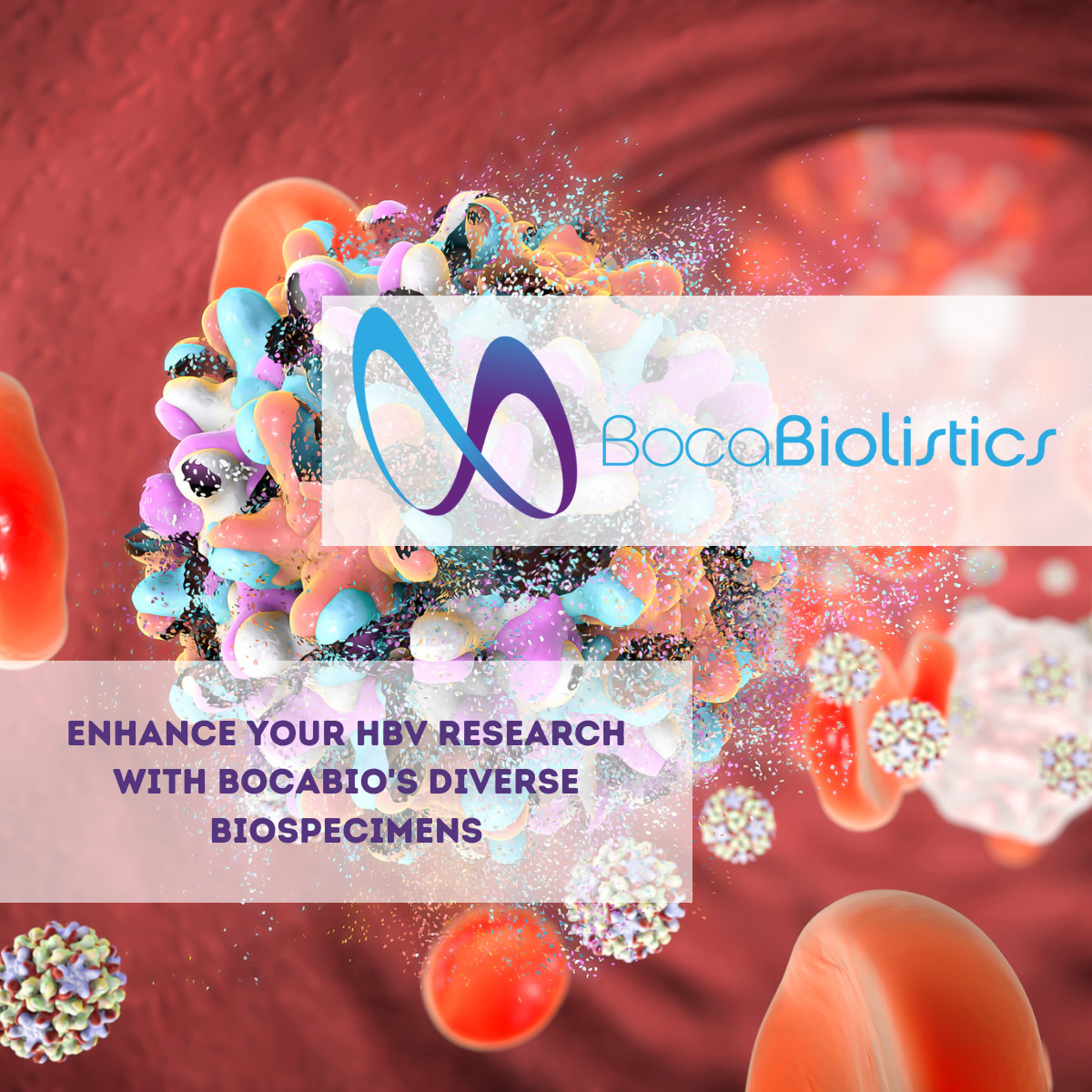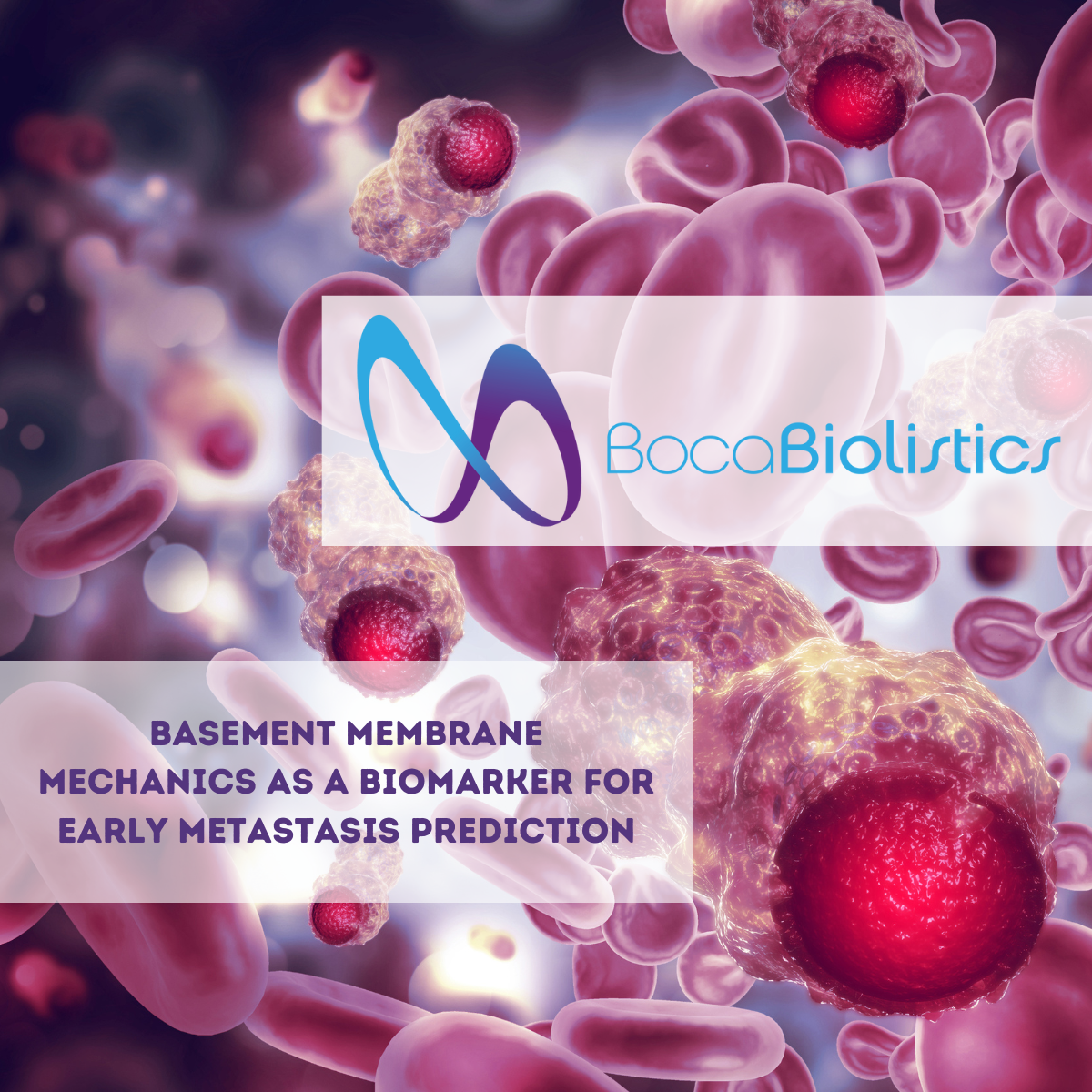In the dynamic realm of medical research, understanding the intricate links between viruses and autoimmune disorders is crucial for advancing treatments and improving patient outcomes. A recent groundbreaking study led by UTHealth Houston sheds light on the potential role of Epstein-Barr virus (EBV) in contributing to the development of multiple sclerosis (MS). This revelation carries significant implications for the scientific community and reinforces BocaBio's commitment to providing biospecimens with extensive data, accommodating prospective collections, and housing a state-of-the-art central lab.
For years, the association between EBV infection and MS has intrigued researchers, yet the underlying mechanisms remained elusive. The study led by Assaf Gottlieb, PhD, and J. William Lindsey, MD, at UTHealth Houston uncovers a compelling connection between MS and T-cells specific to EBV-infected cells, particularly in the cerebrospinal fluid of individuals at the earliest stages of MS.
The researchers collected blood and cerebrospinal fluid samples from individuals undergoing MS diagnosis. Employing advanced techniques such as RNA sequencing for T-cell receptors, they stimulated cells with various stimuli, including EBV-infected lymphoblastoid cell lines (LCLs). The results revealed a distinctive enrichment of T-cells specific for LCL in the cerebrospinal fluid, indicating a unique association with MS compared to other neurologic diseases.
The findings underscore a potential link between T-cells specific for autologous B lymphocytes infected with EBV and the onset of MS symptoms. This revelation challenges the conventional understanding of EBV's role in MS and emphasizes the need for further exploration into the precise contributions of these T-cells to the disease.
Boca Biolistics is well-positioned to support the evolving landscape of MS research as a leading provider of clinical research services and biospecimens. Our banked specimens, rich in extensive data, offer a valuable resource for scientists investigating the complex interplay between viruses and autoimmune disorders. Moreover, our commitment to accommodating prospective collections and providing access to a cutting-edge central lab aligns seamlessly with the demands of progressive research initiatives.
The intersection of EBV and MS unraveled by UTHealth Houston's study marks a pivotal moment in understanding the intricate dynamics of autoimmune disorders. BocaBio stands ready to support researchers and clinicians in unraveling further complexities, contributing to the collective effort to combat MS and enhance patient well-being. Together, we can forge new paths in medical research and make impactful strides towards unlocking the mysteries of multiple sclerosis.
We aim to place our tools in your hands; working together, we can Drive Science Forward.
References
- Gottlieb, Assaf, et al. "Expanded T Lymphocytes in the Cerebrospinal Fluid of Multiple Sclerosis Patients Are Specific for Epstein-Barr-virus-infected B Cells." Proceedings of the National Academy of Sciences, vol. 121, no. 3, 2024, p. e2315857121, https://doi.org/10.1073/pnas.2315857121, https://www.pnas.org/doi/abs/10.1073/pnas.2315857121


.png)






